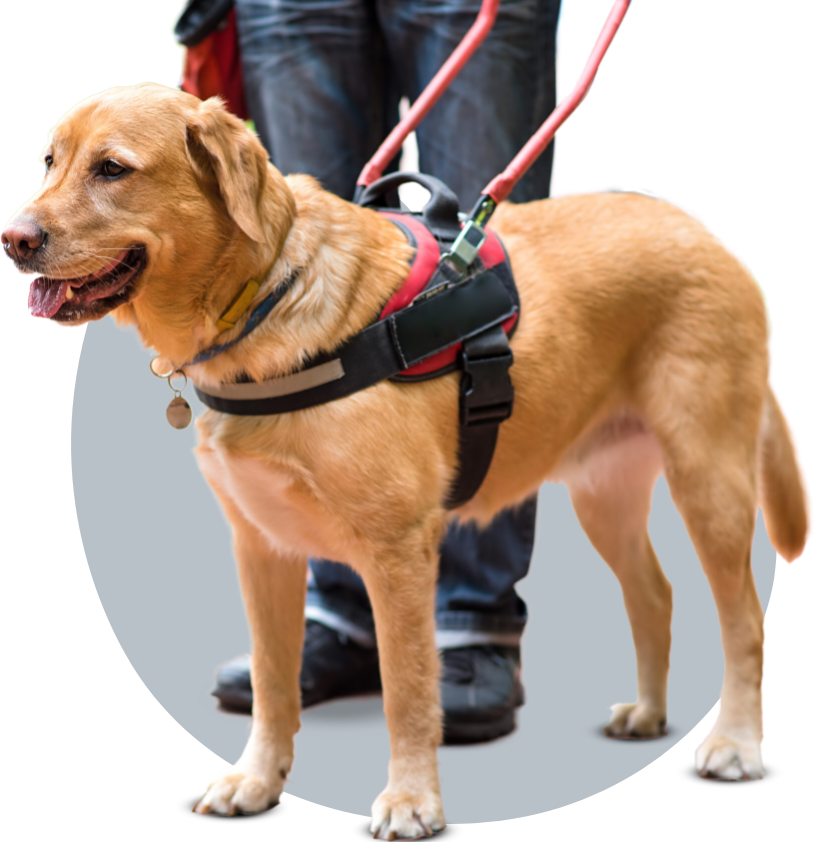Top Things a Service Dog Can Help You With

When people think about service dogs, they tend only to imagine seeing eye dogs. This, however, is only one type of service dog. These pets can be trained to perform so many different kinds of tasks to help their owners. Dogs can do a lot to help people with chronic conditions, including identifying dangers and providing emotional support. Read on below to learn more about the different types of services that a service dog can offer.
Mobility Assistance
For those who have limited mobility, service dogs can help them with everyday tasks that would otherwise be challenging or impossible to complete. A service dog can be used to help with retrieving objects, balance support, opening and closing doors, and more. The dogs that aid with balance support may wear a special harness for their owner to hold on to. These pups can help in emergency situations too.
Emotional Support
One of the most common types of support dogs is emotional support dogs. As the name suggests, these service animals help to provide emotional support for those who need it the most, people who are suffering from anxiety, depression, PTSD, phobias, and more. These pets can help to make you feel more relaxed, safe, and comfortable in situations where you otherwise may not. If you have an emotional support dog, you may want to look into getting a service dog certification.
Medical Assistance
Some service dogs can also be trained to provide specific assistance for a medical need. They can detect a change in blood sugar, hormone levels, or some other measurable symptom that could have a dangerous effect. Some of these dogs are even taught to dial 911 in an emergency.
Wheelchair Assistance
In addition to helping those with limited mobility, there are some dogs whose only role involves helping those in wheelchairs. Your service dog may be able to help you pick up dropped items, open doors, fetch things, and complete any other task that you regularly perform in your daily life.
Seizure Alert
If you have epilepsy, you may benefit from the help of a seizure alert dog. Pups can be trained to respond to seizures in a few different ways. They can alert someone close by that you need help, or they push an alarm device that will call for help. These dogs can also lie on the floor next to their owner to prevent injury or break their fall at the beginning of a seizure. There are even some dogs who can alert their owner to an oncoming seizure even before it begins, though this sort of training is very difficult.
Allergy Alert
For those with severe allergies, a service dog can detect the life-threatening allergen by smell. They can alert you when they discover a food that could trigger your anaphylaxis. Dogs have an incredible sense of smell and can detect even the smallest traces of a substance. Some pups can even detect diseases, such as cancer and diabetes, by smell.
Hearing Support
Service dogs can also provide support to those who are hearing impaired. They can alert their owners to important sounds in their environment, such as alarms, sirens, horns, doorbells, and the sound of their own name. Once they hear the noise, a hearing support dog will make physical contact with their owner and guide them to the source of the sound.
To learn even more about service dogs and how you can register your emotional support animal, contact us at National Service Animal Registry.














































































